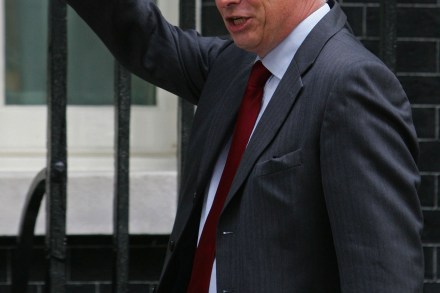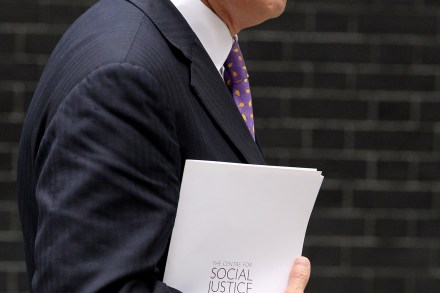Francis Maude is right, but he must remain wary
Big words from Francis Maude, as he tells today’s Guardian that the current government is more radical than either Thatcher or Blair were in their first terms. But, to my mind, he’s right. Even looking back on the past week – with the proposals to reform policing and benefits – there’s a good deal of radical policy. And that’s before we get onto the free schools revolution or GP commissioning – or, of course, to a Budget which took shears to the size of the state as few have done so before. But Maude shouldn’t get too excited quite yet. It is all very well talking about good intentions and


















